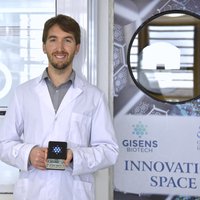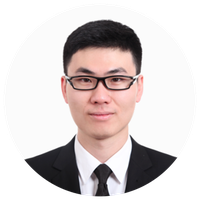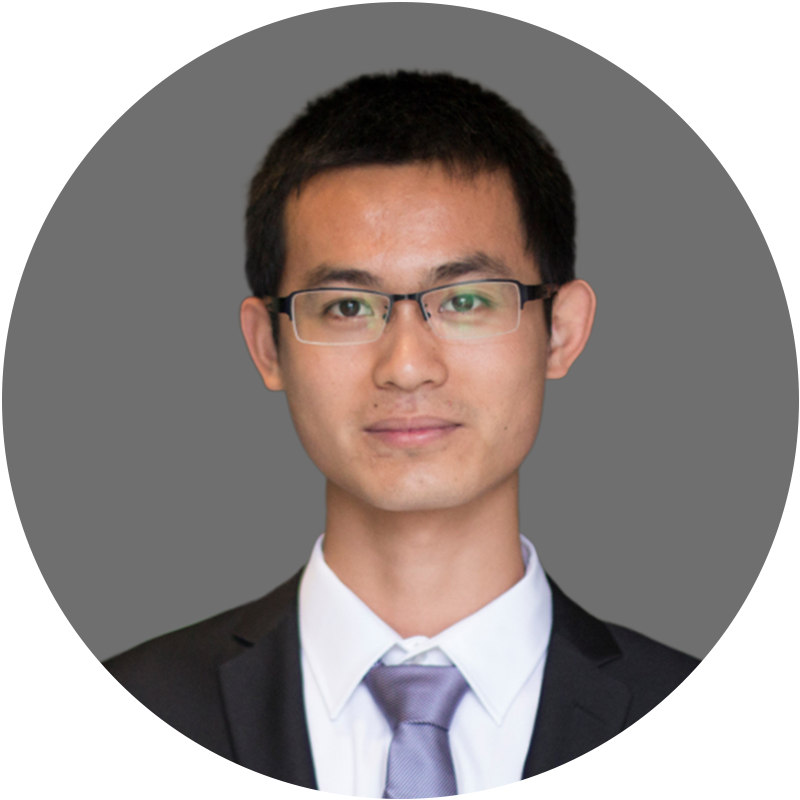How do you achieve more sensitive, higher throughput and more universal single-cell sequencing on a small chip? For this question, Yongcheng Wang, a young principal investigator at Zhejiang University, has given us a surprising answer.
In recent years, with the widespread application of high-throughput technologies like microfluidic and microwell, the throughput of single-cell sequencing has been greatly increased, which has led to the vigorous development of related research fields.
In the current field of single-cell sequencing technology, there are still many challenges, such as low sensitivity, limited sample activity and high cost, even after realizing technological breakthroughs such as high-throughput and multi-omics. Especially since US companies have taken the lead in launching the high-throughput single-cell sequencing platform based on microfluidic technology, the relevant market has been firmly occupied by them, making containment on domestic single-cell sequencing researches.
In 2015, Wang joined the Department of Chemistry and Chemical Biology at Harvard University to study for a Ph.D. degree. Under the supervision of Prof. David Weitz, he entered the emerging field of high-throughput single-cell sequencing, trying to break the technical bottleneck of detection in this field by innovatively changing the chemistry methods in RNA capturing.
After graduating from Harvard, Wang joined Zhejiang University as a principal investigator. He led the establishment of the microfluidic platform at Liangzhu Laboratory and built a research team of 20 people. Wang led his team to successfully develop a new generation of high-throughput single-cell sequencing technology based on random primers, which not only greatly improved the detection sensitivity of existing technology, but also greatly broadened the scope of samples. On this basis, his team completed the first test of the high-throughput single bacterium transcriptome sequencing in China, providing a new technical approach to address major global public health threats such as antimicrobial resistance.
At present, the high-throughput single-cell sequencing technology developed by Wang's team has been successfully commercialized. On this basis, the world's first full-sample high-throughput single-cell full-length RNA sequencing technology based on random primers was officially unveiled in 2022. This technology has made a breakthrough in realizing a single cell transcriptome sequencing service of all sample types, all species, and full-length RNA. It is expected to push single-cell sequencing technology into the 2.0 era of clinical application.




